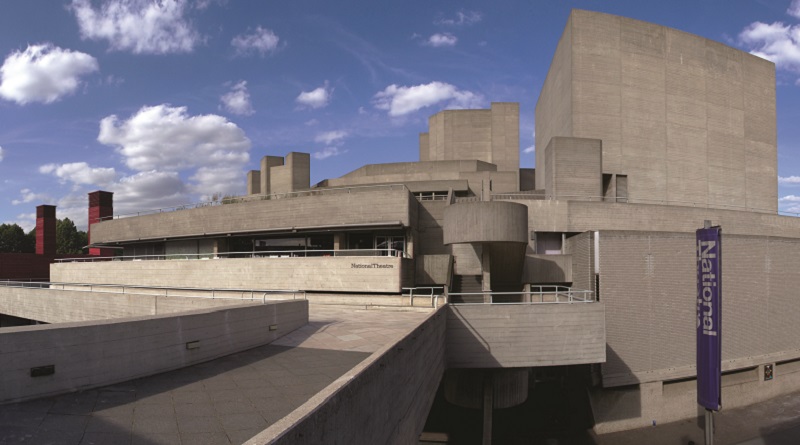James Haddrell speaks on the prospect of the theatre industry’s recovery during covid
If we ever needed a clear picture of the damage wrought by the pandemic to venues, even a passing glance at the recently released annual accounts of the National Theatre make it all too clear.
The numbers are eye-watering – a drop in average annual income between March 2020 and March 2021 of £50million – but it is the percentage shifts that are really significant for the sector as a whole.

With theatres everywhere forced to close for most of the year, box office income at the country’s flagship venue dropped by more than 80 per cent to just 17.5 per cent of its usual level.
The prospect of any business recovering from such a major loss is surely slim, so when that kind of negative impact hits an entire sector there are clearly astonishing challenges ahead.
Obviously, in order for a theatre to try to gradually claw back what it has lost, the sale of tickets will be paramount.
However, the chairman of the National Theatre’s board Damon Buffini also identifies a lingering and hugely worrying 10 per cent drop in audiences this January in
comparison to the same period before the pandemic, and the company is also working with a workforce that was reduced by 23 per cent in 2020/21.
Mr Buffini goes on to suggest that “these are very challenging and unprecedented times for the National, the cultural sector and society in general, and are likely to remain so for quite some time to come.” So how do theatres come back from that?
At Greenwich Theatre we have managed to reach this point without making any redundancies but the financial picture is otherwise no better.
A year with almost no production means a year with almost no earned income.
Support from Arts Council England was pivotal in keeping the theatre going, but though the challenges facing the industry may have changed in nature, they are no less real.
A year ago, our challenge was to avoid bankruptcy.
Now, with audiences slow to return (and talking to colleagues across London, the picture is the same just about everywhere), the challenge is to make exciting theatre that people want to see, within a financial strait-jacket with little or no reserves to invest in making the new shows or promoting them.
As a result we are seeing a lot of the bigger venues producing work with small casts, many theatres are reviving previously successful shows to reduce their risks and take advantage of existing set, costume and casts, and other venues are staying dark for periods of the season to either save costs or remain available for corporate hire.
None of this represents the kind of ambitious artistic risk taking that this country’s theatre landscape is known for, and while it may represent the safest route in the short term it could add long term damage through ever decreasing audiences and ever more risk averse producers.
The sector needs support, from Government, from philanthropists and from audiences – but that does not mean hand-outs.
Money invested in the ongoing strength of our cultural sector is money invested in domestic and international tourism, in employment opportunities, in mental health, in education, in youth services, in the creative development of the next generation.
I hope, as the year unfolds, that theatres will receive that kind of support. Without it, it is hard to see a future for our industry.
Pictured: National Theatre
Everyone at the South London Press thanks you for your continued support.
Former Housing Secretary Robert Jenrick has encouraged everyone in the country who can afford to do so to buy a newspaper, and told the Downing Street press briefing:
“A FREE COUNTRY NEEDS A FREE PRESS, AND THE NEWSPAPERS OF OUR COUNTRY ARE UNDER SIGNIFICANT FINANCIAL PRESSURE”
If you can afford to do so, we would be so grateful if you can make a donation which will allow us to continue to bring stories to you, both in print and online. Or please make cheques payable to “MSI Media Limited” and send by post to South London Press, Unit 112, 160 Bromley Road, Catford, London SE6 2NZ






